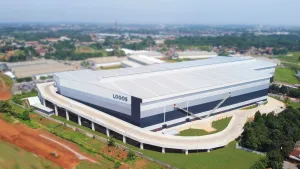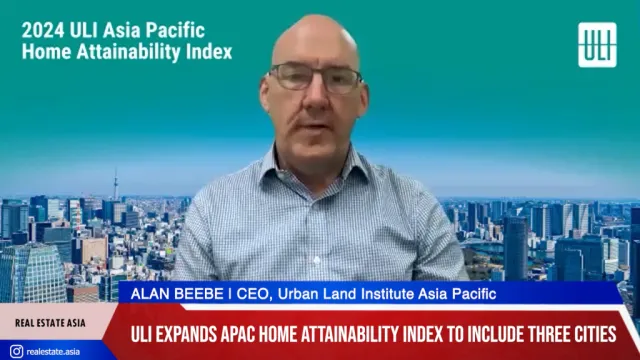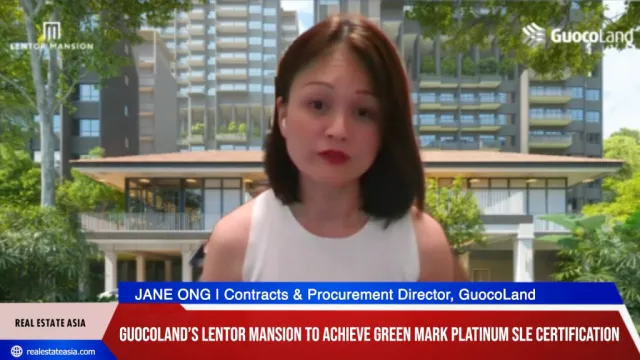
Sydney industrial vacancy rises to 1.4% in Q3
This is still relatively low compared to other global markets.
According to a report from Dexus Research, the Australian industrial market continues to normalise after an abnormally buoyant period during the pandemic when retail sales grew by around double the average pace. National gross leasing volumes eased in Q3 2023 as businesses exercised a level of caution about weakening growth in retail sales.
“Slowing forward orders are leading to a focus on inventory management, suggesting a further recalibration of space requirements in the year ahead. There has been a degree of subleasing over the quarter, particularly in the Sydney market,” the report said.
Here’s more from Dexus Research:
Industrial vacancy increased marginally across the Sydney and Brisbane markets to 1.4% and 2.2%. While an increase in vacancy is seen as a negative for growth prospects, this figure is still very low on a global scale compared to key US industrial markets, such as Inland Empire at 3.3% and New Jersey at 6.1%.
These trends can be thought of as a cyclical adjustment amid a positive longer-term thematic for industrial. The looming wave of population growth driven by overseas arrivals will underpin future space requirements.
Rents continued to grow in many major markets in the quarter, although the pace of growth is tapering. Over the past two years, growth in rents has been driven by low vacancy and higher development costs. These drivers are now easing with some extra vacancy appearing in the market and land values falling. Consequently, the slowing growth is most evident in outer markets of Sydney, Melbourne and Brisbane.
Inner markets appear to be more resilient, with supply constraints benefiting lease renewal discussions. Total occupancy costs will be a key consideration for tenants so rents in the more affordable locations, such as North Melbourne and Brisbane, may benefit.
Investor sentiment for industrial property remains positive albeit transaction volumes are affected by uncertainty around the stability of capitalisation rates and cost of debt. Over the past year, net acquisitions have been largely driven by REIT investors who appear to back a strong growth outlook for the sector.



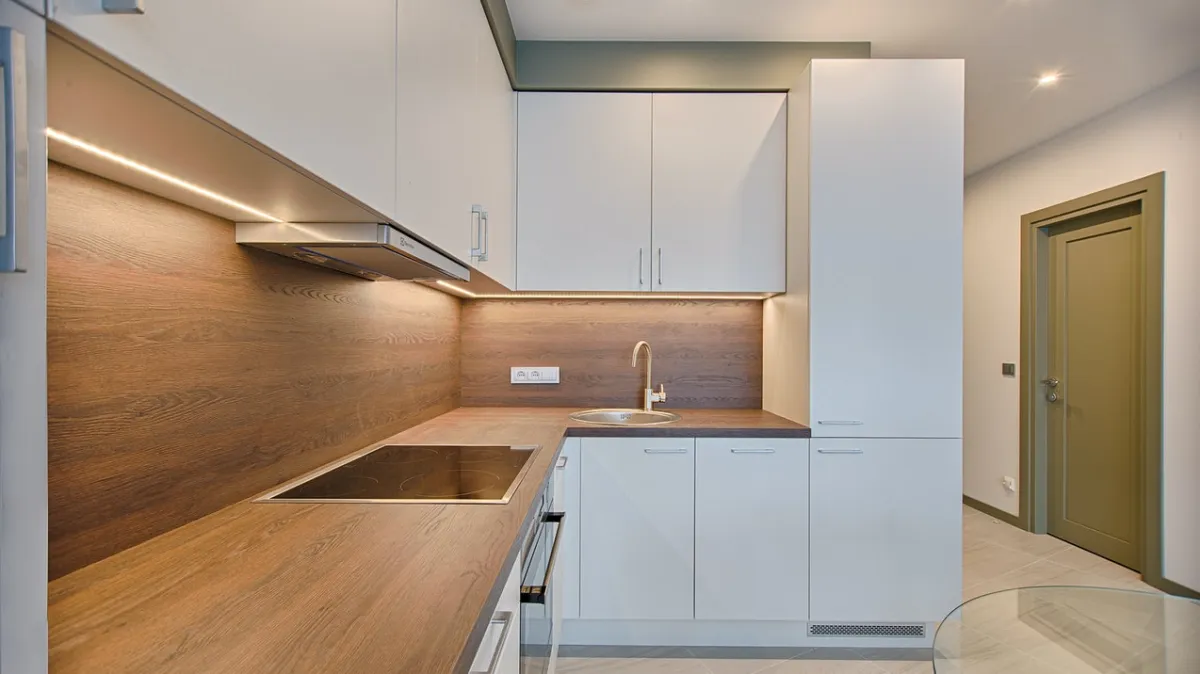

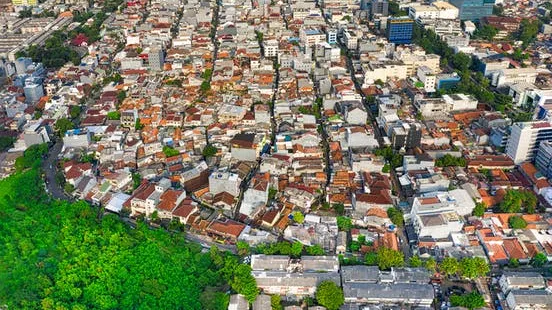
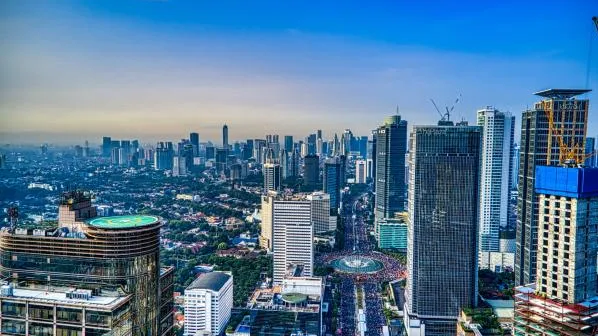
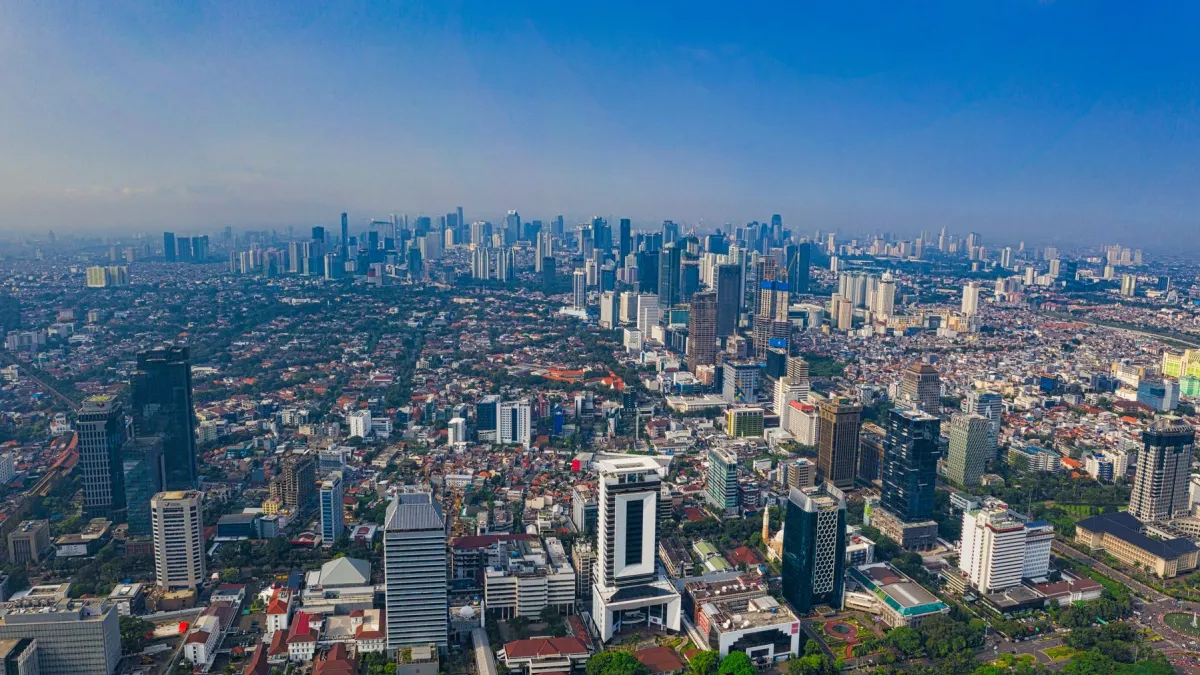
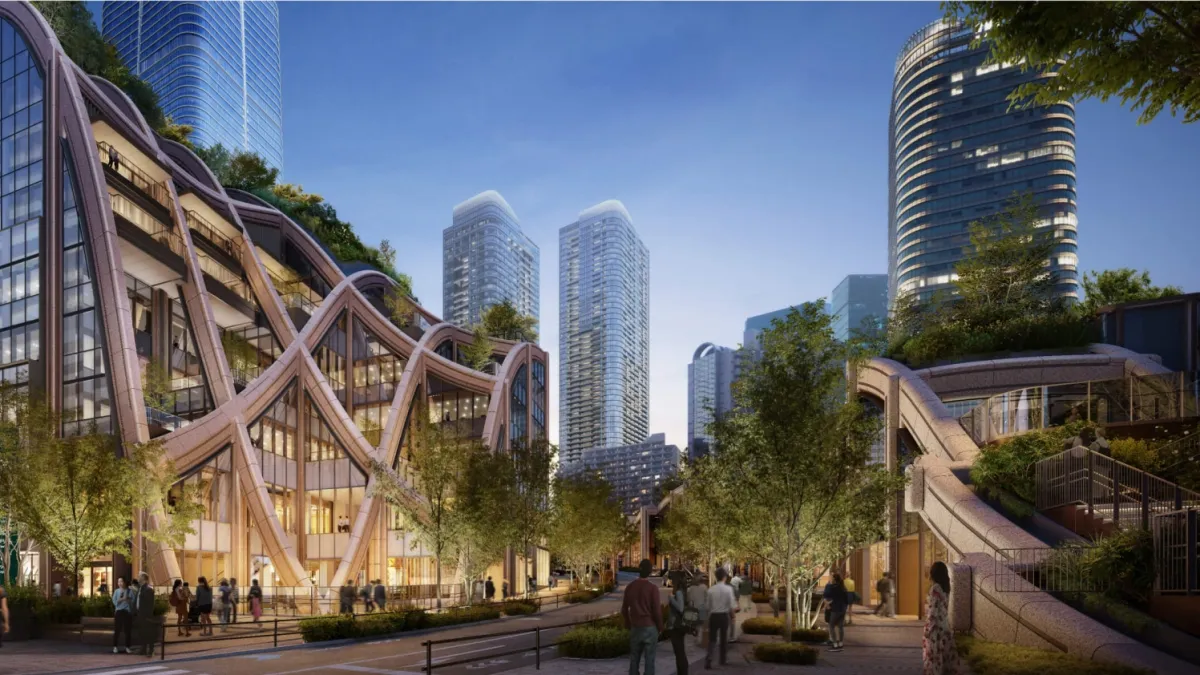
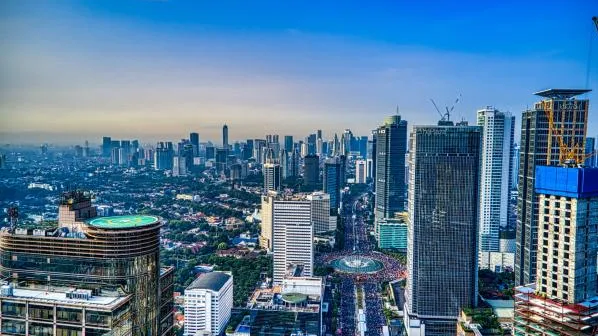
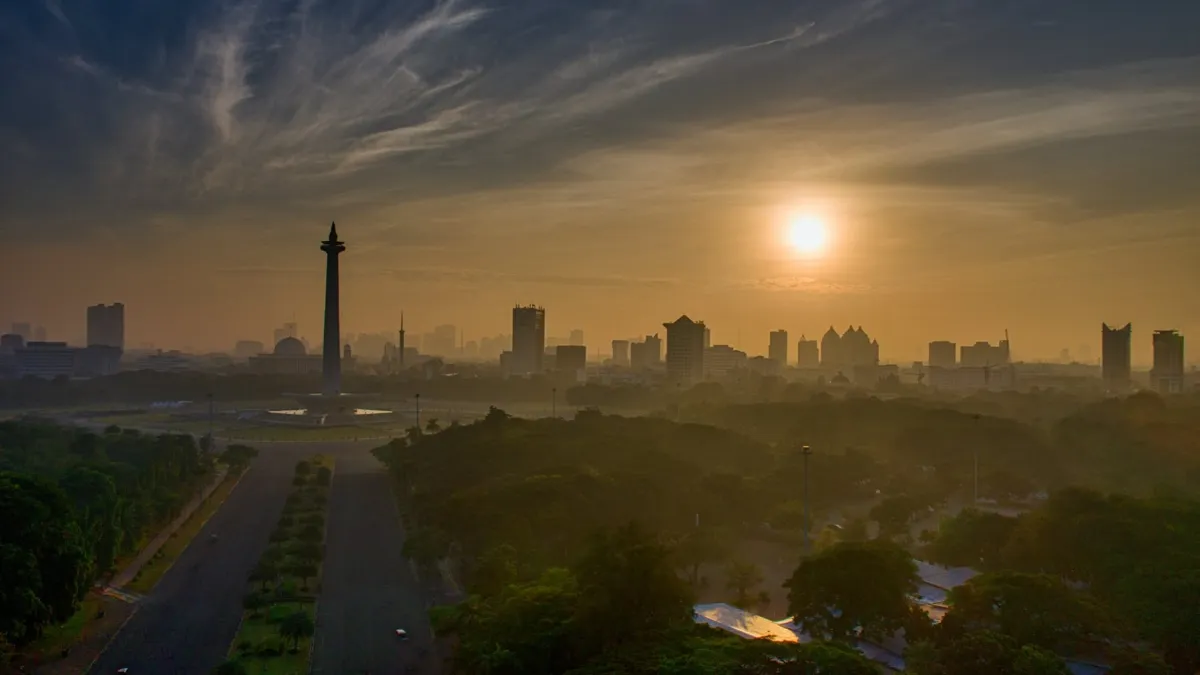

 Advertise
Advertise

